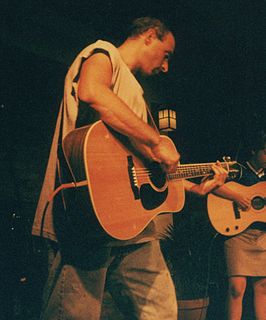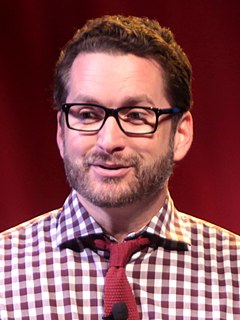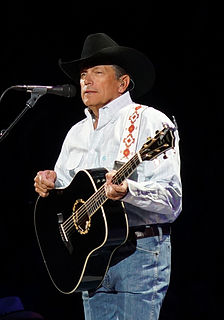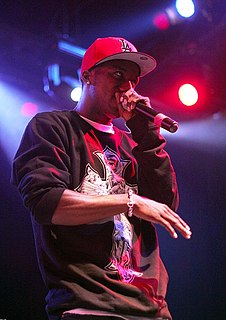A Quote by Lauv
I put out my first song, 'The Other,' in 2015 just on Soundcloud. It was always my most popular song but never really went far in a mainstream way. Then, a couple years after it came out, I watched it go from 8 million to, like, 100 million.
Related Quotes
Every time I write a song, it's different. I'm all about the rhythm of the words and the melody. Musically, you gotta have a throbbing pulse going. But as far as what it's all about, there's a million ways to go. You have to invent a new code for every song. Then you have to break it. It's like Scrabble or a crossword puzzle on steriods. I could talk about the process for days. But it's never dull and there's no one way in.
When you sit down and write a song, you kind of have the idea for the song, and you sit there at the piano and you kinda just write it. And then of course later there's some dinking around with it and changing some stuff. But there's this thing that happens when the song first comes out, that sort of magic when it first comes out of the ether, and you can't even really explain where it comes from. That happens so much with music, and people understand that with music. But I really think that a lot of movie and TV should be the same way.
But once you've made a song and you put it out there, you don't own it anymore. The public own it. It's their song. It might be their song that they wake up to, or their song they have a shower to, or their song that they drive home to or their song they cry to, scream to, have babies to, have weddings to - like, it isn't your song anymore.
When I originally wrote "Jealousy," it was more like an exercise to try to write a girl-group kind of pop song. It was really contrary to most of the material I'd ever written. I didn't pay much attention to the song after I'd recorded it. I didn't really perform it at all the last 20 years. When it came time to make the new record, I decided to make peace with the song and have fun with it.
The whole Beatle thing was just beyond comprehension. When 'Help' came out, I was actually crying out for help. Most people think it's just a fast rock 'n roll song. I didn't realize it at the time; I just wrote the song because I was commissioned to write it for the movie. But later, I knew I really was crying out for help.
[Mujib Rahman] is mad, mad! And they're all mad, the press included, who repeat after him, "Three million dead, three million dead!" The Indians had let out the figure of one million. He came along and doubled it. Then tripled it. It's a characteristic of the man - he'd done the same for the hurricane.
[A]s soon as you try and take a song from your mind into piano and voice and into the real world, something gets lost and it's like a moment where, in that moment you forget how it was and it's this new way. And then when you make a record, even those ideas that you had, then those get all turned and changed. So in the end, I think, it just becomes it's own thing and really I think a song could be recorded a million different ways and so what my records are, it just happened like that, but it's not like, this is how I planned it from the very beginning because I have no idea, I can't remember.
Popular culture as a whole is popular, but in today's fragmented market it's a jostle of competing unpopular popular cultures. As the critic Stanley Crouch likes to say, if you make a movie and 10 million people go see it, you'll gross $100 million - and 96 per cent of the population won't have to be involved. That alone should caution anyone about reading too much into individual examples of popular culture.



































